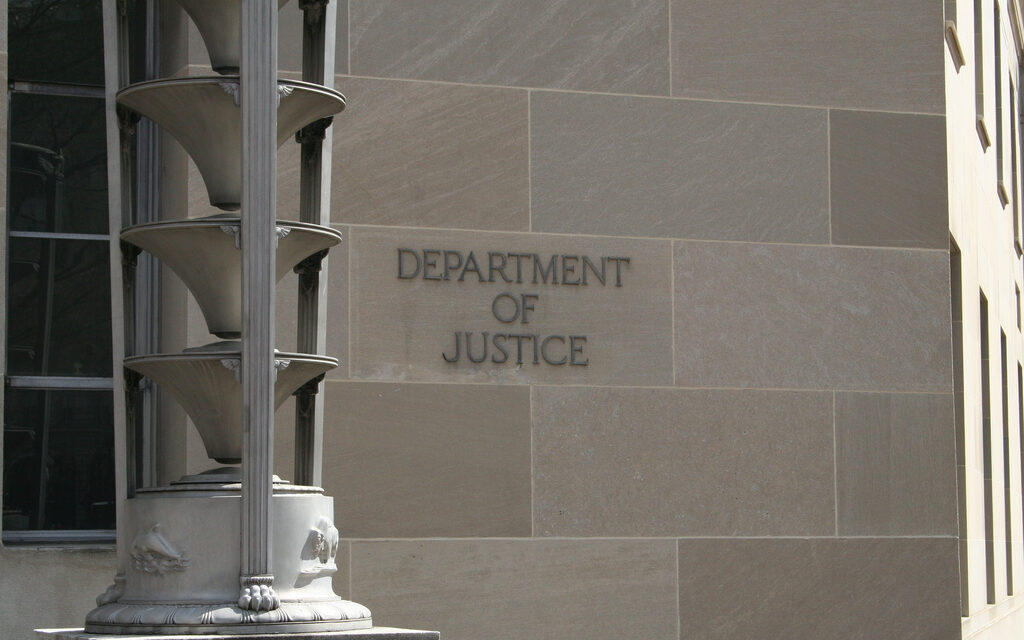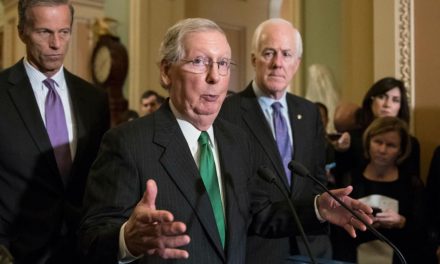On November 1, 2015, I received an email from the guy whom I can best describe as the top Democratic Party organizer in my township. It wasn’t sent to me personally, but to his entire list. His message was simple and straightforward, but also different from the messages he had sent in the past.
For the first time in 200 years, three seats on the State Supreme Court are up for election at the same time. The winners could decide the future of Legislative Re-districting in the state, whether the state legislature’s failure to comply with state constitutional mandates to adequately and equitably fund public education is subject to judicial review, Women’s health care issues, and other important matters.
The Democrats have nominated three good candidates for Supreme Court — all have been rated recommended by the Pennsylvania Bar Association (Wecht and Donahue were “Highly Recommended”), but not all the Republicans could meet even that level. All of the Democrats have the essential integrity we want in judges.
I know it is hard to vote for judges, but not voting doesn’t fix the situation, it merely lets others decide for you. The issues that come before judges are too important to leave to others. We will have information about the candidates available for you.
There wasn’t much else on the ballot in November 2015. Other than a range of judges, we could vote for our township supervisor, a member of the school board, the prothonotary, the recorder of deeds, the recorder of wills, the sheriff and the local constable. Turnout in my precinct was 23 percent compared to 78 percent a year later when Hillary Clinton and Donald Trump were on the ballot.
I’m pretty good about voting in these low turnout off-year elections, even in the primaries, but after getting that email I was making doubly sure that I showed up. The Democrats swept the judicial elections and took the majority on the Supreme Court. Just as my ward leader had predicted, it led to a ruling that the federal congressional districts in Pennsylvania were so severely gerrymandered that they violated the State’s constitution. The Democrats are now projected to win several Republican-held seats, and our own congressman decided to retire rather than face likely defeat in his newly-drawn district.
Something a little less dramatic happened last night in Wisconsin, but the difference was more of scope rather than type. The Democrats only won one seat on the state’s Supreme Court rather than three, and it didn’t give them a majority.
After the Democratic-backed Wisconsin state Supreme Court candidate pulled off a double-digit victory over her GOP rival on Tuesday evening, Gov. Scott Walker warned his state that a “blue wave” of the “Far Left” was imminent in November and encouraged Republicans to “counter it with optimism and organization.”
…In Tuesday’s election, liberal candidate Rebecca Dallet easily defeated the more conservative Michael Screnock, who was backed by Walker, though the state’s high court elections are suppose[d] to remain non-partisan. According to the Journal Sentinel, Dallet trounced Screnock 56 percent to 44 percent, a victory that chips away at conservative control of the court and hands liberals their first victory on an open court seat in more than two decades.
It was actually 23 years between victories in an an open seat Supreme Court election for the Democrats in Wisconsin and conservative control of the court was reduced from a 5-2 majority to a narrower 4-3. The Republicans tend to win these types of races for a variety of reasons. One is that their base is older and votes more reliably, especially in these off year really low turnout elections. Another is that the conservative movement has long focused on achieving political success through control of the courts, while liberals have not traditionally thought in those terms. This is mainly because liberals want the courts to simply uphold rulings they have already made, on abortion, school prayer, desegregation, civil and voting rights, and environmental law. Republicans want these rulings modified or overturned and know they cannot achieve that by electing politicians.
That’s why I still remember getting that November 2015 email from my ward leader. I noticed it because it was the first of its type and the exact kind of email Republican voters have been receiving from their ward leaders for the last 40 years. It gave Democrats a reason to show up and vote in an election where it was unlikely they knew a single name on the ballot and where no presidents, governors, senators or representatives were listed at all.
In Wisconsin, Gov. Scott Walker has further confirmation that he may not win another term. Last week, I covered Walker’s recent antics in my piece: The Republicans are Giving Up on Democracy. In that article, I detailed how Walker has been refusing to hold special elections out of fear that his party would lose. The special election last night confirms that he was right to be concerned. But it also showed that the Democrats are energized in a way we’ve not seen in recent history. They do not typically win these types of elections, let alone by double digits.







